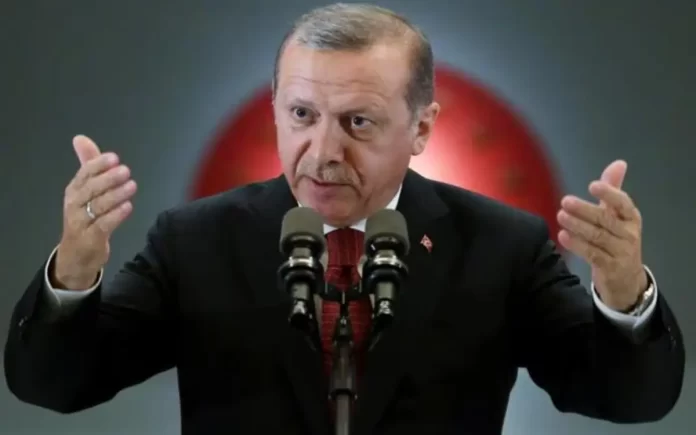Istanbul: President Recep Tayyip Erdogan has vowed to address any shortcomings that contributed to his party’s surprising loss in Turkey’s recent local elections, where economic concerns and dissatisfaction among Islamist voters propelled the opposition to victory, throwing into question Erdogan’s reform agenda.
The local elections on Sunday marked a significant setback for Erdogan and his AK Party (AKP), marking their worst electoral defeat in over two decades in power. The opposition’s success has breathed new life into their ranks and solidified Istanbul Mayor Ekrem Imamoglu’s position as Erdogan’s primary rival.
In a dramatic reshaping of Turkey’s political landscape, the Republican People’s Party (CHP) secured the popular vote for the first time in many years and captured most major cities, including traditionally conservative regions in central Turkey.
Analysts attribute the electoral outcome to a combination of economic struggles, with inflation reaching nearly 70%, and Erdogan’s polarizing leadership style. The defeat poses a challenge to Erdogan’s ambitions of enacting a new constitution that could potentially extend his rule beyond 2028.
In a sober and introspective address early Monday, Erdogan acknowledged the setback for the AKP, describing it as a pivotal moment rather than an end. He pledged to rectify any errors but did not specify the nature of the changes within his party or its policies.
Following Erdogan’s remarks, Turkish stocks rallied, while the lira, which has experienced a significant depreciation in recent years, hit a new low against the dollar.
ECONOMIC CHALLENGES Erdogan’s economic policies have come under scrutiny, particularly after a sharp reversal following his victory in the previous national election. The subsequent aggressive interest rate hikes aimed to curb inflation have strained the economy, with Erdogan urging patience and promising relief later in the year.
Also Read: Pakistan Court Grants Imran Khan Appeal, Suspends Graft Conviction Sentence
However, the electoral defeat was primarily attributed to economic concerns, particularly inflation, which has outpaced wage increases, hitting industrial regions hard.
The success of the Islamist New Welfare Party, which took a more hardline stance against Israel, further eroded AKP’s support base, particularly among devout voters.
MOVING FORWARD The CHP’s victory, with nearly 38% nationwide support, signals a significant shift in Turkish politics, breaking the party’s long-standing support ceiling. Imamoglu’s landslide victory in Istanbul underscores the end of Erdogan’s dominance in the city and positions him as a potential presidential contender.
Imamoglu’s ability to attract support from diverse segments of society, including Kurds and secularists, highlights a growing desire for unity and consensus in Turkish politics.
As Erdogan grapples with the aftermath of the electoral defeat, calls for moderation and collaboration echo among the public, signaling a fatigue with divisive politics.



